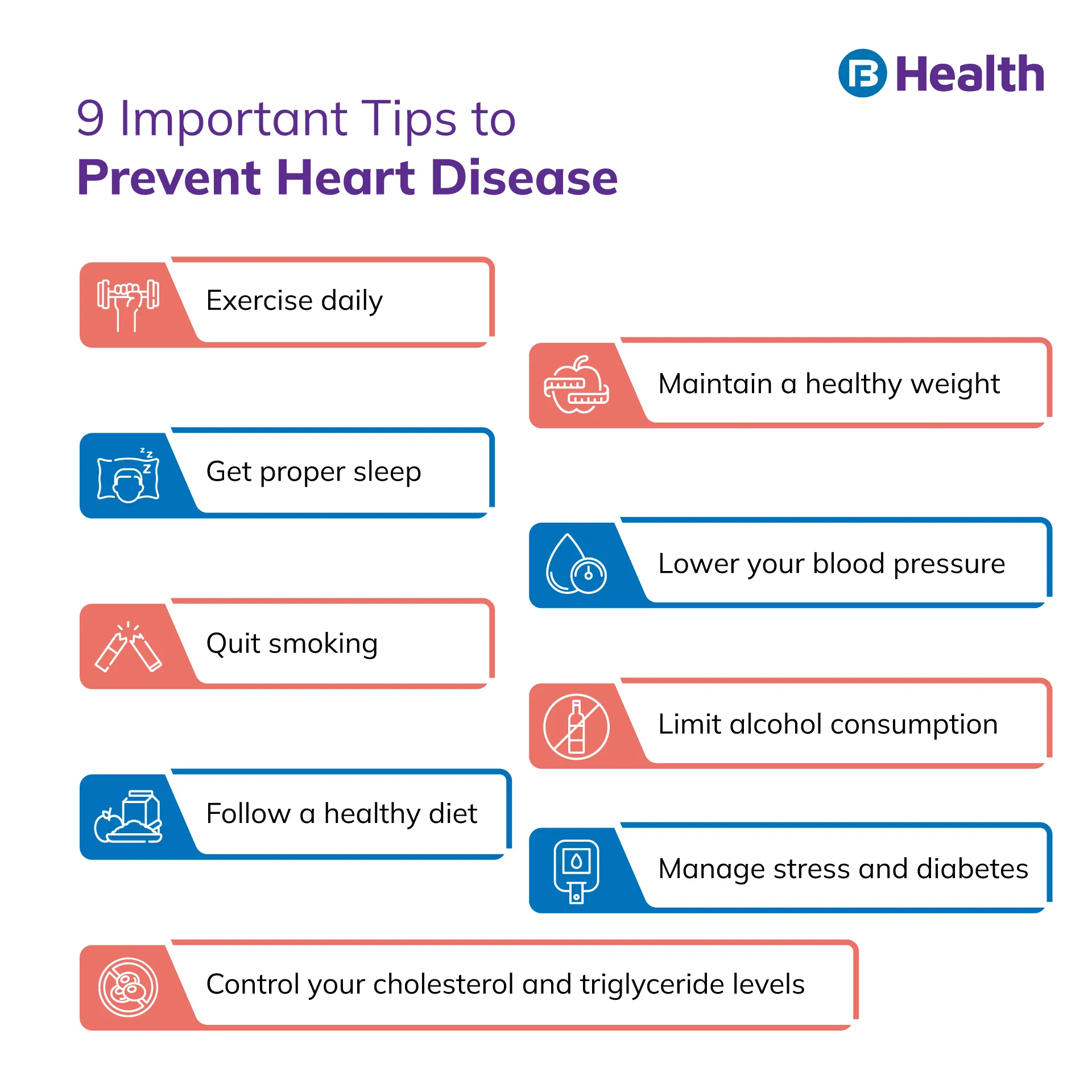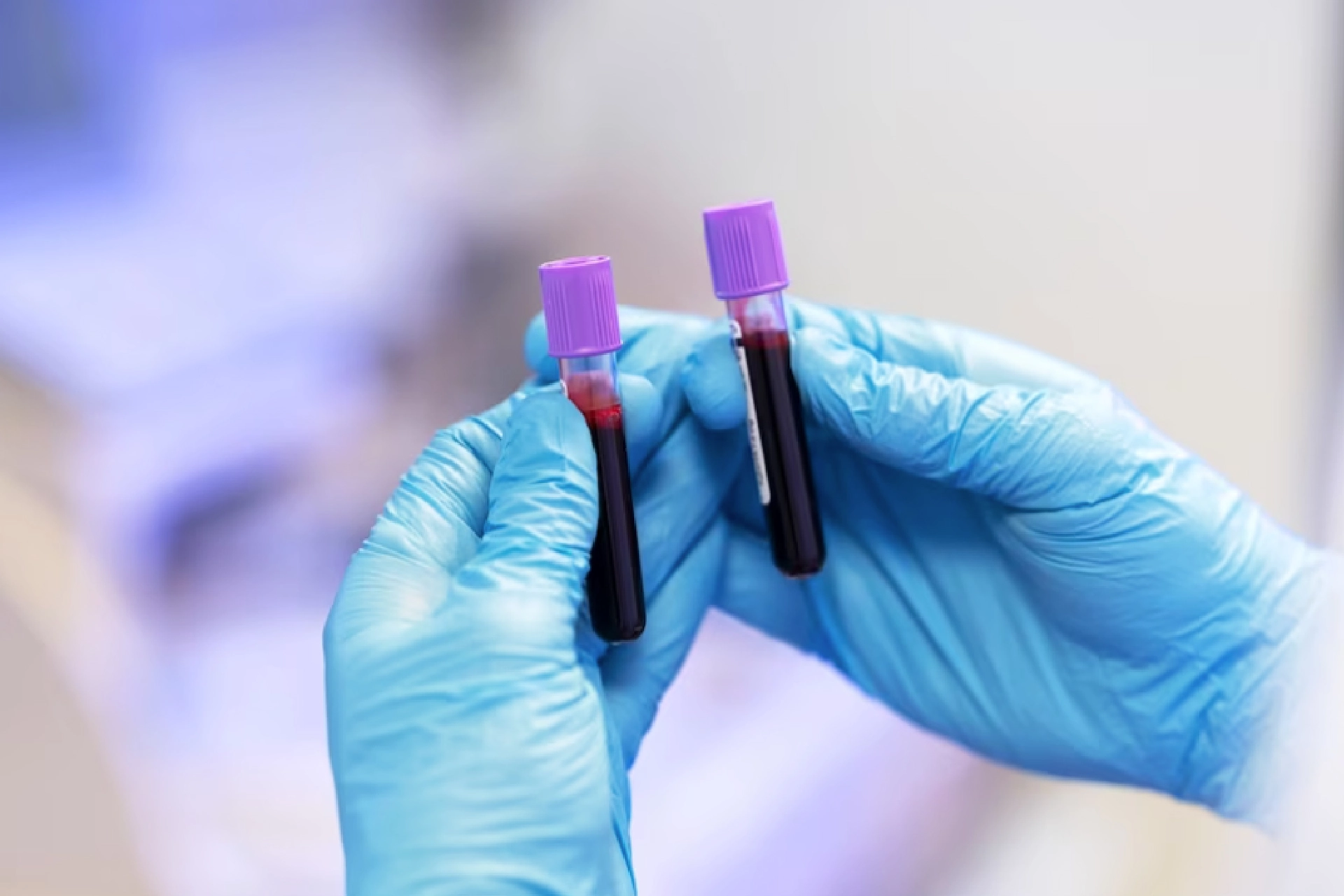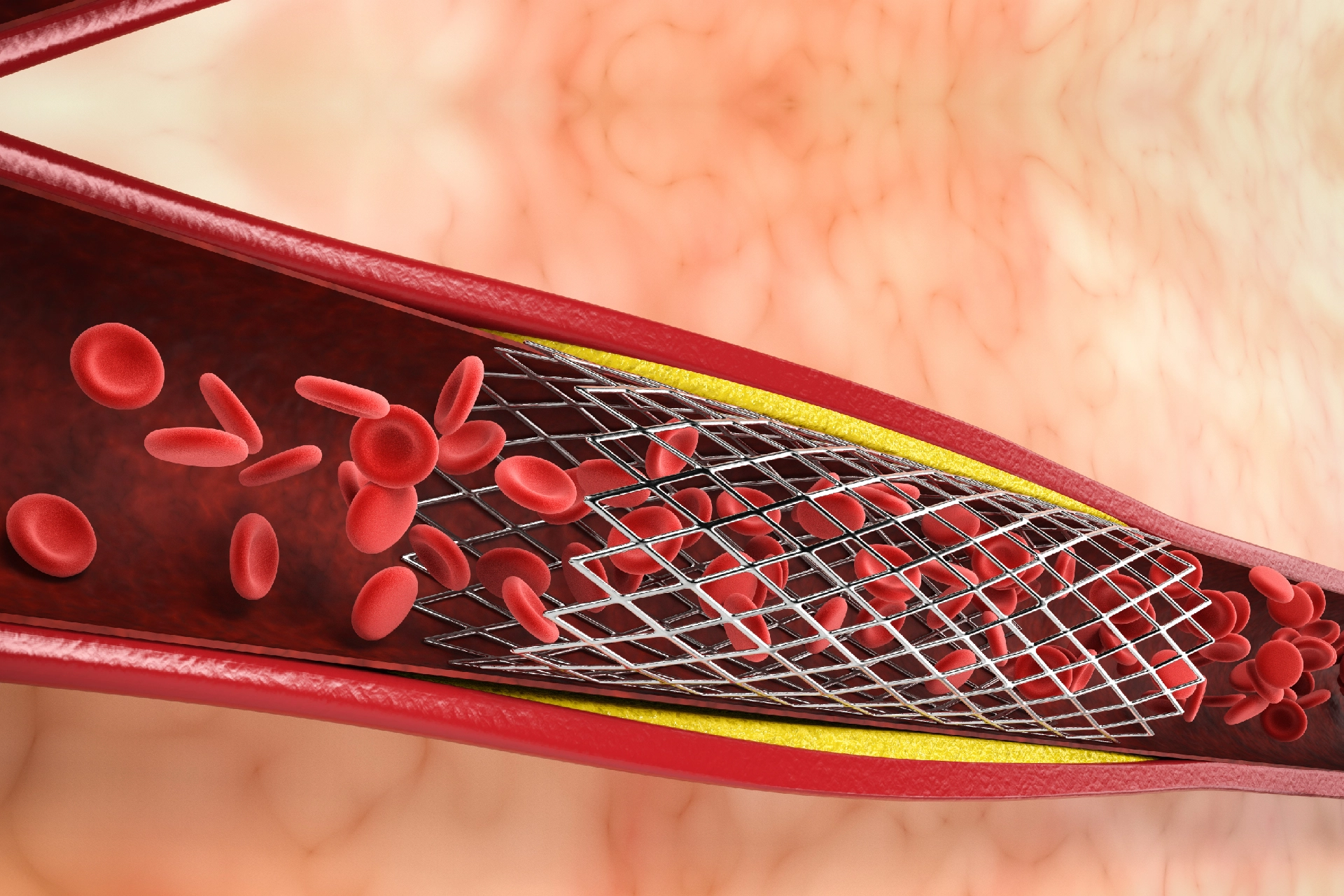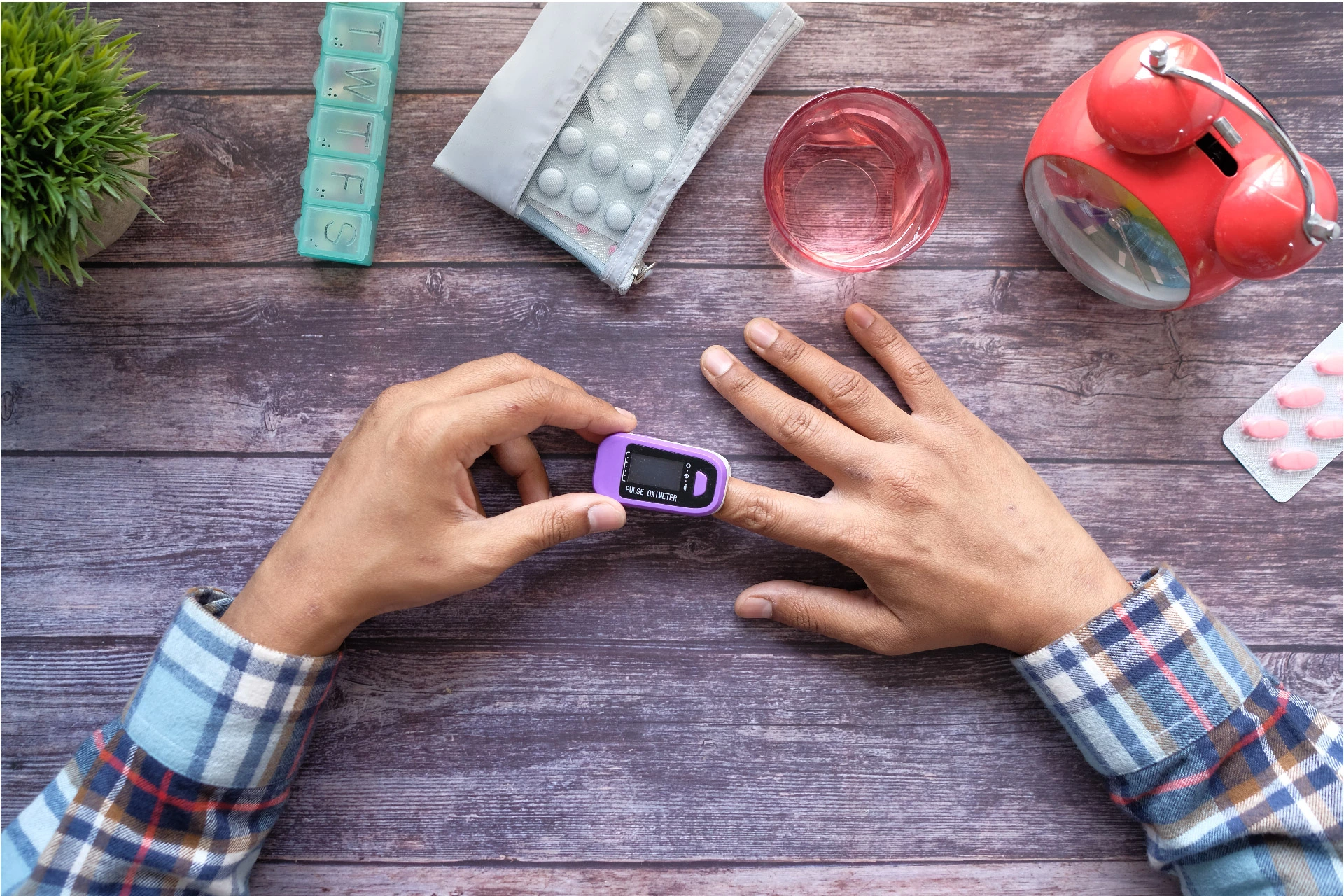Health Tests | 4 min read
Cardiac Risk Markers Test: Meaning, Procedure, Side Effects
Medically reviewed by
Table of Content
Key Takeaways
- Cholesterol, glucose, and uric acid are some cardiac risk markers
- High value of cardiac risk markers can cause conditions like a heart attack
- Cardiac risk markers’ test analyses the risk of cardiovascular diseases
Cardiac risk markers are substances that are released by a damaged heart muscle. They include glucose, cholesterol, blood sugar level, uric acid and more. These cardiac markers are analyzed in a combination of blood tests as they help determine conditions like coronary artery disease, heart failure, stroke, and heart attack. Together these blood tests are called cardiac risk markers test. People with cardiac risk markers need to monitor their heart health so as to prevent further damage to the heart.
Read on to know what a cardiac risk markers test means and why it is done.
Additional Read: Myocardial InfarctionWhat is Cardiac Risk Markers Test?
A cardiac risk markers test refers to multiple blood tests that are done to analyze the risk of developing cardiovascular diseases like heart attack and stroke. It indicates cardiovascular risk as low, moderate, or high.
The test measures the level of cardiac biomarkers such as proteins, hormones, and enzymes in your blood. Here is a list of usual biomarkers considered in this test.
- Lipoprotein A
- Apolipoproteins
- Homocysteine
- cardiac troponin
- Creatinine kinase (CK)
- CK-MB
- Myoglobin
When is Cardiac Risk Markers Test Done?
Doctors may ask you to get a cardiac risk markers test if they diagnose the risk of a heart attack. The following symptoms of coronary artery blockage may also require you to undergo this test [1]:
- Sweating
- Nausea
- Vomiting
- Weakness
- Clammy or pale skin
- Fainting or dizziness
- Irregular pulse rate
- Extreme tiredness or fatigue
- Chest pain or pressure in your chest
- Discomfort or pain in the neck, arms, shoulders, and jaw
- Chest pain that doesn’t heal even after taking rest or nitroglycerine

Procedure of Cardiac Risk Markers Test
This test follows the same procedure as a blood test. A 3 mm to 10 mm blood sample is drawn from a vein in your arm using a needle. The technician in the lab will use a cotton or alcohol pad to clean your skin. Then a needle is injected in the vein. The blood is then gradually collected and saved in a container that is marked with your name. This sample is then sent for testing.
Cardiac Risk Markers Test Results
Results are found in nanograms per milliliter (ng/mL). It is rare for those who are healthy and young to have any cardiac troponin, a protein that is released during any damage of the heart, in their blood. Troponin I levels are usually less than 0.12 ng/mL whereas levels of Troponin T are less than 0.01 ng/mL.
Although the normal results may differ, a cardiac troponin level of more than the 99th percentile of the reference range indicates a heart attack or heart muscle damage. The following factors affect your test results:
- Age
- Gender
- medical history
- Testing method
Your doctor may be better able to read out your results to you and explain what it means for your health.
Major Risks Involved In Cardiac Risk Markers Test
The blood test to determine cardiac test involves the use of needles that are safe in most cases. The temporary side effects or risks may include the following:
- Bleeding
- Bruising
- Infection
- Sore skin
- Lightheadedness
- Sting or pain at the site of injection
Tips to Prevent Heart Disease

Side Effects of Cardiac Risk Markers Test
It takes a substantial amount of time to determine the levels of cardiac markers when analyzing your blood in a lab. This is a reason the test is not helpful in certain cases, such as diagnosing an acute heart attack. In such cases, clinical presentation and ECG results will be much beneficial.
Additional Read: Lipoprotein (a) TestKeep in mind that cardiac risk factors increase your risk of developing heart illnesses. Changing your lifestyle with easy steps can help you lower cardiac markers in your blood. These include quitting smoking, limiting alcohol intake, controlling your blood pressure, and eating a healthy diet. To better understand your heart health, book an online doctor consultation on Bajaj Finserv Health. This way, you can give priority to your cardiac health. You can also book lab tests online in seconds on the platform to track your health easily..
References
- https://www.urmc.rochester.edu/encyclopedia/content.aspx?contenttypeid=167&contentid=cardiac_biomarkers
Disclaimer
Please note that this article is solely meant for informational purposes and Bajaj Finserv Health Limited (“BFHL”) does not shoulder any responsibility of the views/advice/information expressed/given by the writer/reviewer/originator. This article should not be considered as a substitute for any medical advice, diagnosis or treatment. Always consult with your trusted physician/qualified healthcare professional to evaluate your medical condition. The above article has been reviewed by a qualified doctor and BFHL is not responsible for any damages for any information or services provided by any third party.





